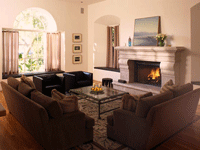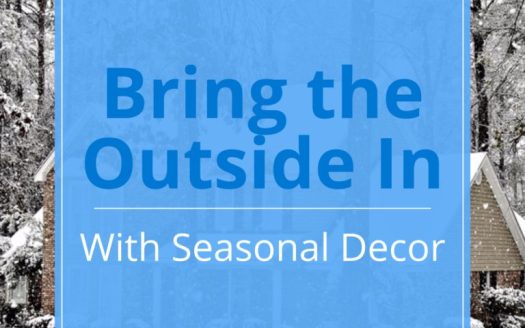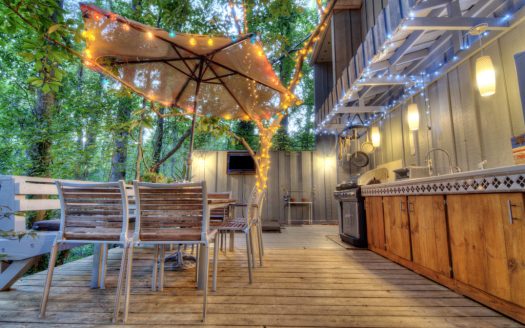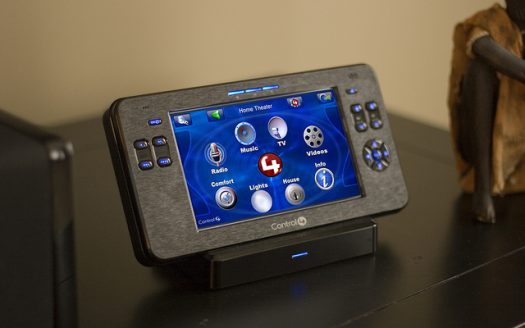Hot, Not Bothered: Inexpensive Home Heating Tips

https://www.rlpnetwork.com/auth/content/rlp/ UploadedFiles/Realtors/GYB/LIB/022_ HotNotBotheredInexpensive.gif
The dramatically rising cost of home heating is a bothersome concern for most Canadians. Heating your home efficiently this winter will be the key to keeping your energy costs under control. Here are some quick, easy and, most importantly, inexpensive ways to maximize warmth and minimize impact to your pocketbook:
– Adjust Your Personal Thermostat: Wear a sweater and dress warmly around the house. When you’re stationary, watching television or reading, you’re most susceptible to a chill, so toss a throw around you. Since hot air rises, resist the icy influence of cooler floors with thick socks or slippers.
– Adjust Your Home Thermostat: It goes without saying that the less energy you use, the lower your heating bills will be. Set your thermostat at 21°C when you’re home awake, 18°C when you’re sleeping and 15°C when you’re out of the house. Purchase a programmable thermostat to reduce you heating bill by as much as 20 per cent.
– Let the Sun Shine In: While up to 25 per cent of your home’s heat is lost through its windows, they are also a source of solar warmth. During daylight hours, keep your drapes open and let the sun help heat your home. Insulate your windows with plastic film to reduce heat loss by 50 per cent. Insulating curtains are expensive, but pay for themselves within 7 years.
– Seal the Leaks: Caulk, seal and weather strip around windows and doorframes, baseboards, ducting and electrical outlets to save up to 20 per cent on your heating bill. Remember to close your fireplace flue when you’re not enjoying a fire. Install a door sweep to resist against under-the-door drafts. Turn off the heat supply and close the door to unused rooms, such as a guest bedroom. Close interior doors leading to hallways or stairways to keep the heat where it’s needed most.





You must be logged in to post a comment.